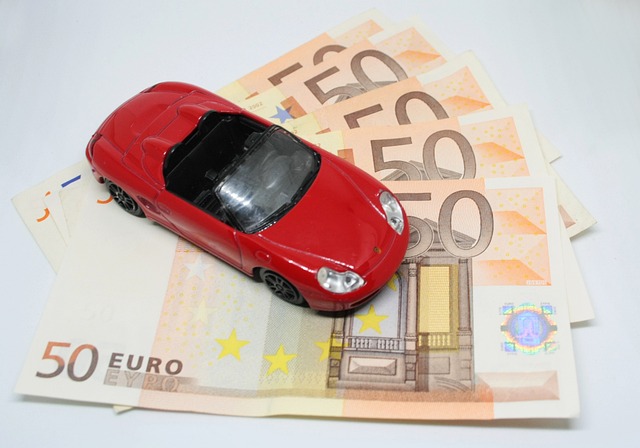Repossessed Cars: What to Know and Where to Search for Smart Buying Options
Repossessed cars offer potential buyers an opportunity to purchase vehicles at significantly reduced prices. These automobiles are typically seized by financial institutions or lenders when the original owners fail to meet their loan obligations. Understanding the ins and outs of repossessed cars can help savvy shoppers make informed decisions and potentially find great deals in the automotive market.

What exactly are repossessed cars?
Repossessed cars are vehicles that have been reclaimed by lenders due to the original owner’s inability to keep up with loan payments. When a borrower defaults on their auto loan, the lender has the right to take possession of the vehicle to recover their losses. These cars can range from nearly new models to older vehicles, and their condition can vary widely depending on how well they were maintained by the previous owner.
How does the repossession process work?
The repossession process typically begins when a borrower falls behind on their car loan payments. After a certain period of delinquency, usually 60 to 90 days, the lender may initiate repossession. They often hire a repossession company to locate and seize the vehicle. Once recovered, the car is usually held for a short period, during which the owner may have the opportunity to reclaim it by catching up on payments. If not reclaimed, the vehicle is then prepared for sale, often through auctions or dealerships specializing in repossessed vehicles.
What are the benefits of buying repossessed cars?
One of the primary advantages of purchasing repossessed cars is the potential for significant cost savings. These vehicles are often sold at prices well below market value, as lenders are primarily interested in recouping their losses quickly. Buyers may find opportunities to acquire newer or higher-end models at more affordable prices than they would typically encounter in the regular used car market. Additionally, some repossessed cars may still be under manufacturer warranty, providing added value and peace of mind for the new owner.
Are there risks associated with purchasing repossessed vehicles?
While buying repossessed cars can offer great deals, it’s important to be aware of the potential risks. One major concern is the lack of comprehensive vehicle history. Since these cars are often sold “as-is,” buyers may not have access to detailed maintenance records or information about previous accidents. There’s also a risk of hidden mechanical issues that may not be immediately apparent. Additionally, some repossessed vehicles may have been neglected or abused by their previous owners, leading to potential problems down the road.
What should you consider before bidding on repossessed cars?
Before diving into the world of repossessed car auctions or sales, there are several factors to consider. First, thoroughly research the vehicle’s market value and compare it to the asking price. It’s crucial to inspect the car in person whenever possible, or hire a trusted mechanic to perform a pre-purchase inspection. Be sure to check the vehicle’s title status and run a vehicle history report to uncover any potential issues. Set a firm budget and stick to it, as the excitement of an auction can sometimes lead to overbidding.
Where can you find repossessed cars for sale?
Repossessed cars can be found through various channels, each with its own advantages and considerations. Here’s a comparison of some popular options:
| Source | Description | Pros | Cons |
|---|---|---|---|
| Online Auctions | Websites like GovDeals or PublicSurplus | Wide selection, convenience | Limited inspection opportunities |
| Bank Auctions | Direct sales from financial institutions | Potentially lower prices | May require cash payment |
| Government Auctions | Seized vehicles from various agencies | Diverse inventory | Competitive bidding |
| Dealerships | Some specialize in repossessed vehicles | Easier financing options | Potentially higher prices |
| Local Classifieds | Private sellers or small lots | Opportunity for negotiation | Limited selection, higher risk |
Prices, rates, or cost estimates mentioned in this article are based on the latest available information but may change over time. Independent research is advised before making financial decisions.
In conclusion, repossessed cars can offer excellent value for savvy buyers willing to do their due diligence. By understanding the repossession process, weighing the benefits and risks, and knowing where to look, you can potentially find a great deal on a quality vehicle. However, it’s crucial to approach these purchases with caution, thorough research, and realistic expectations to ensure a successful buying experience.




